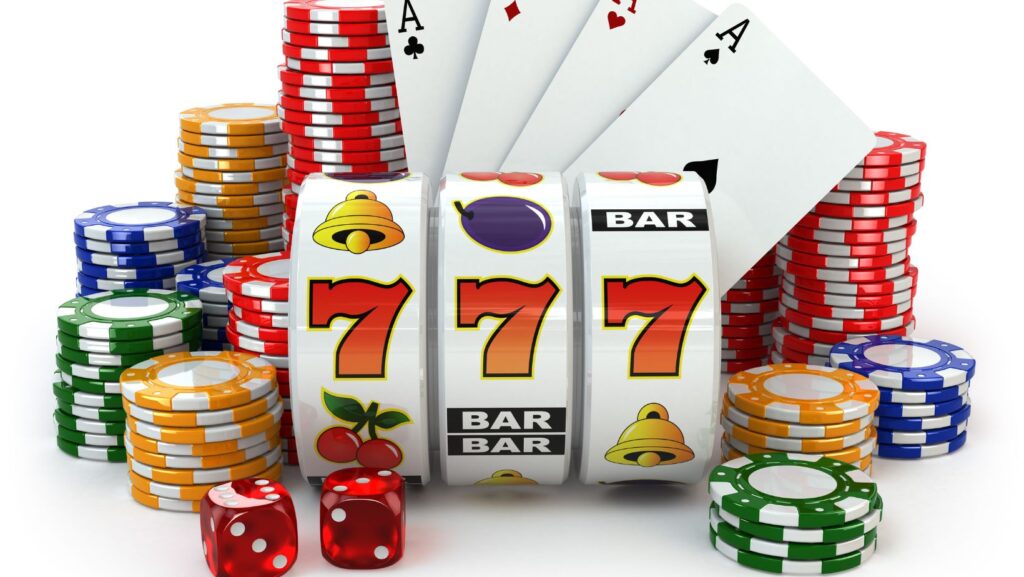Casino Tournament Success with Strategies for Raking in Rewards

Succeeding in casino tournaments requires honing skills beyond basic gameplay. With the right tournament selection, bankroll management and strategic adjustments, players can maximize their chances to outlast opponents and rake in rewarding payouts. By understanding key factors that impact outcomes, competitors can make informed decisions when battling for oversized prize pools.
Battle Selection
Blindly jumping into any tournament is an easy way to hemorrhage money. With buy-ins ranging from tiny tokens to hundreds of dollars, Lucky Ones online casino players should factor in skills, experience and risk tolerance when choosing events.
Table 1: Key Factors for Tournament Selection
| Consideration | Description | Impact |
| Field Size | The number of entrants | Larger fields mean more opponents and lower odds of winning |
| Variance | Luck vs. skill factor | High variance has more randomness, increasing/decreasing win chances |
| Structure | Blinds and pace of increases | Faster structures require looser, more aggressive early play |
| Bankroll | Funds you can risk per event | Don’t overextend your bankroll range |
The table above summarizes key elements to weigh when selecting tournaments. New players should stick with small fields and flatter payout structures until comfortable with high variance, skill-intensive formats.
Stack Management
Since tournaments are a battle of attrition, learning how to manage chip stacks is essential. During early phases, most players have similar stacks. As blinds rise, some are eliminated, creating a spectrum from short to big stacks. Your position on this spectrum guides strategy.
When you hold big stacks, play aggressiveraising more pre-flop and continuation betting flops. Since you have chips to spare, force shorter stacks to make tough decisions for their tournament life. However don’t throw caution to the wind. You still want to play solid hands, avoiding reckless, marginal spots that can relinquish big advantages.

With short stacks, tighten up your requirements for hands, pushing all-in as an underdog versus mid-sized piles. This gives you coin flip situations while your limited chips still have bite. table 2 outlines guidelines based on big blind multiples:
Table 2: Stack Size Strategy Guide
| Stack Size | Strategy Notes | Hands to Play |
| 100+ BB | Play aggressively with some table image considerations | Open range from all positions |
| 40-99 BB | Exercise caution with an eye on the top three payout spots | Tighten standards for open raising while still playing post-flop aggressively |
| 10-39 BB | Focus on late and final table with selective double-up attempts | Only play premium hands and push often when short stacked |
| 5-9 BB | First in for any two cards or fold otherwise trying to ladder up pay spots | Any two cards when first to act otherwise only strong hands |
| 1-4 BB | Go all-in or fold hoping to triple up | Any two cards with the ante in play |
The wider your stack deviates from the average, the more you should tailor strategy based on the guidance above.
ICM Incorporation
As the field shrinks and the final table appears, chip values shift, determined more by payout jumping than doubling up. This dynamic introduced the independent chip model (ICM) to calculate the relative worth of stacks based on prize money distribution.
ICM often compels players to tighten up to “ladder” into higher paying positions. If overly fixated on ICM, however you may pass up strong winning chances and forfeit substantial value. You should incorporate, not be dominated by, ICM calculations when making decisions on the bubble and at the final table.
Power of Intuition
While guidance and metrics can inform your tournament path, players still must trust instincts during pivotal moments. Every hand, every decision is based on incomplete information and uncertain outcomes.

Great players use pattern recognition accrued through experience to sniff out opponent hand ranges and potential. They mix in bluffs and unpredictability to keep adversaries off balance. Confidence and composure help make good decisions under relentless pressure when fighting for survival.
By selecting your battles wisely, adjusting strategy to stack sizes and balancing ICM considerations against playing to win, you can develop approaches to thrive in casino tournaments. Trusting instincts molded by experience will further help you capitalize on big spots and tough decisions enroute to the winner’s circle.

 Ultimate 3 Sites For Purchasing Instagram Followers
Ultimate 3 Sites For Purchasing Instagram Followers  Use AI Video Maker to Launch Seasonal Greetings That Wow
Use AI Video Maker to Launch Seasonal Greetings That Wow  How to Choose the Perfect Homecoming Dress
How to Choose the Perfect Homecoming Dress